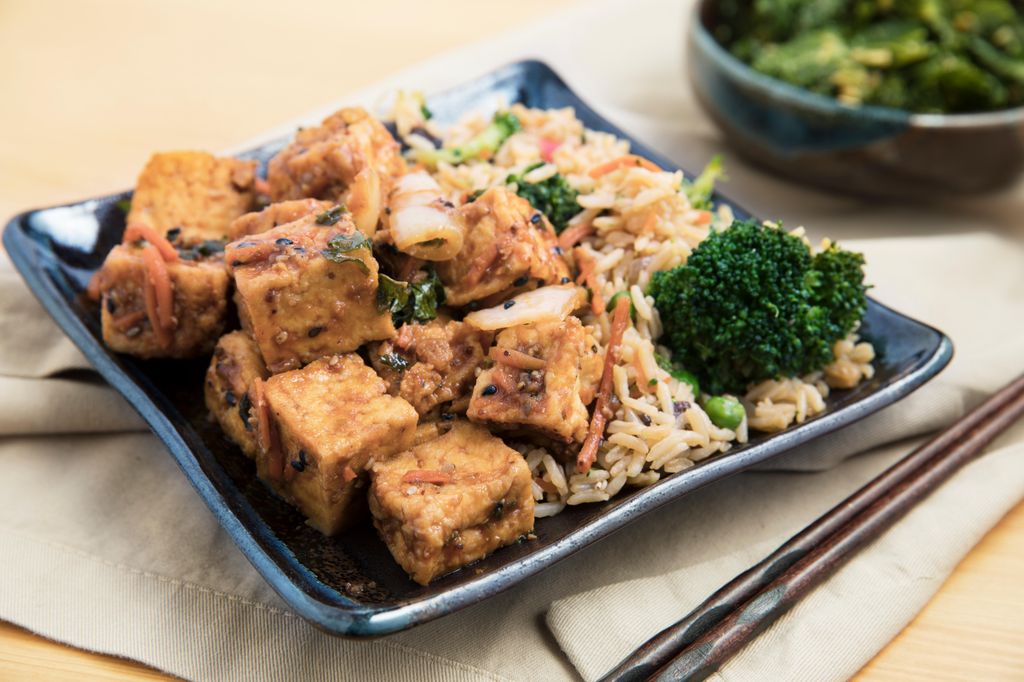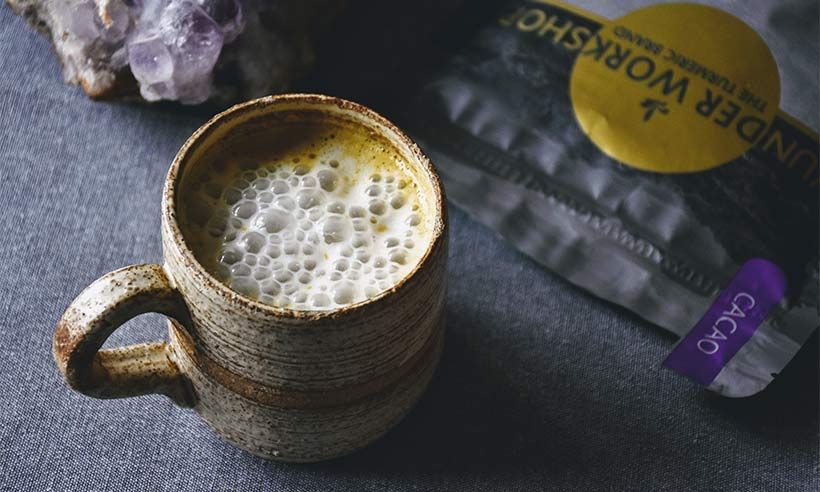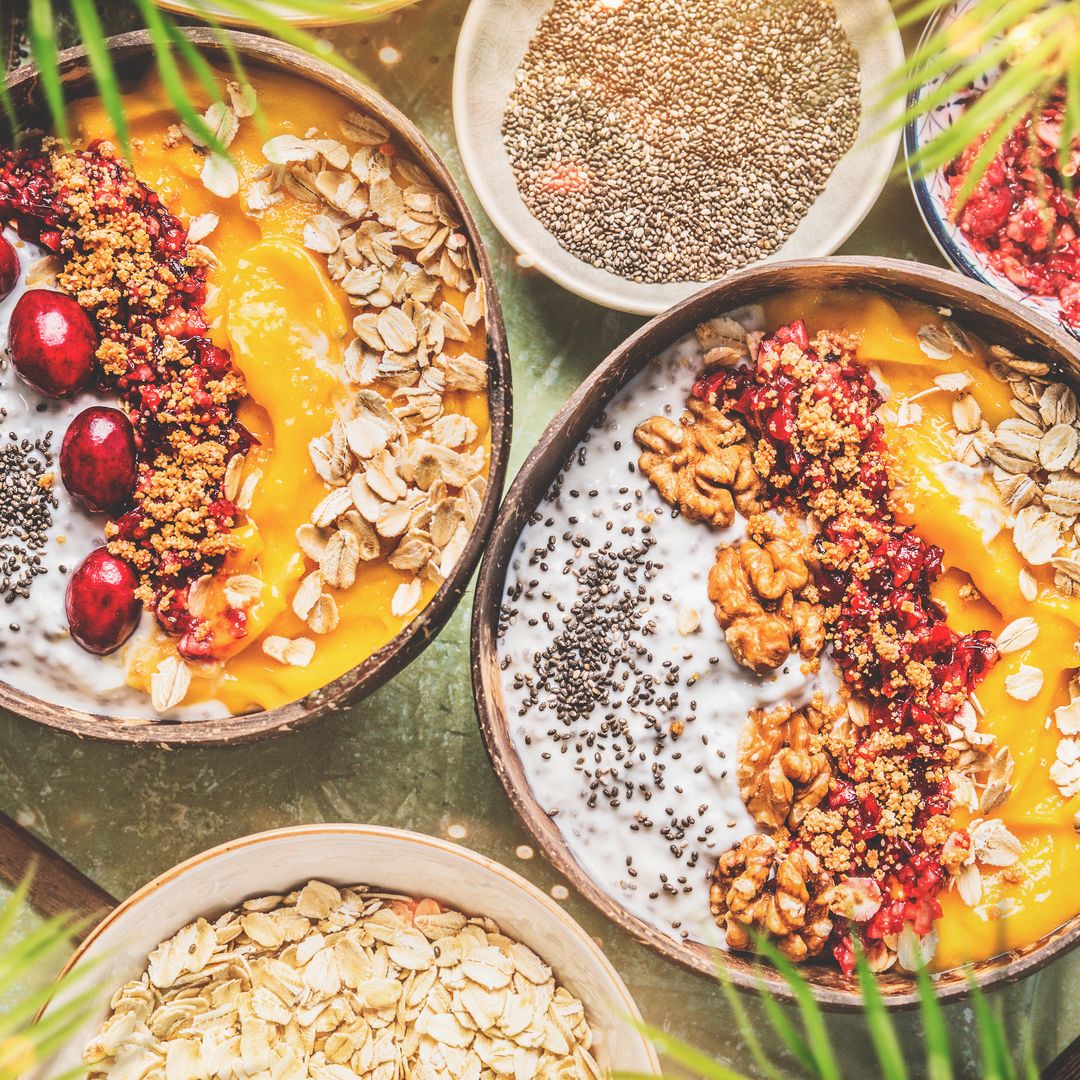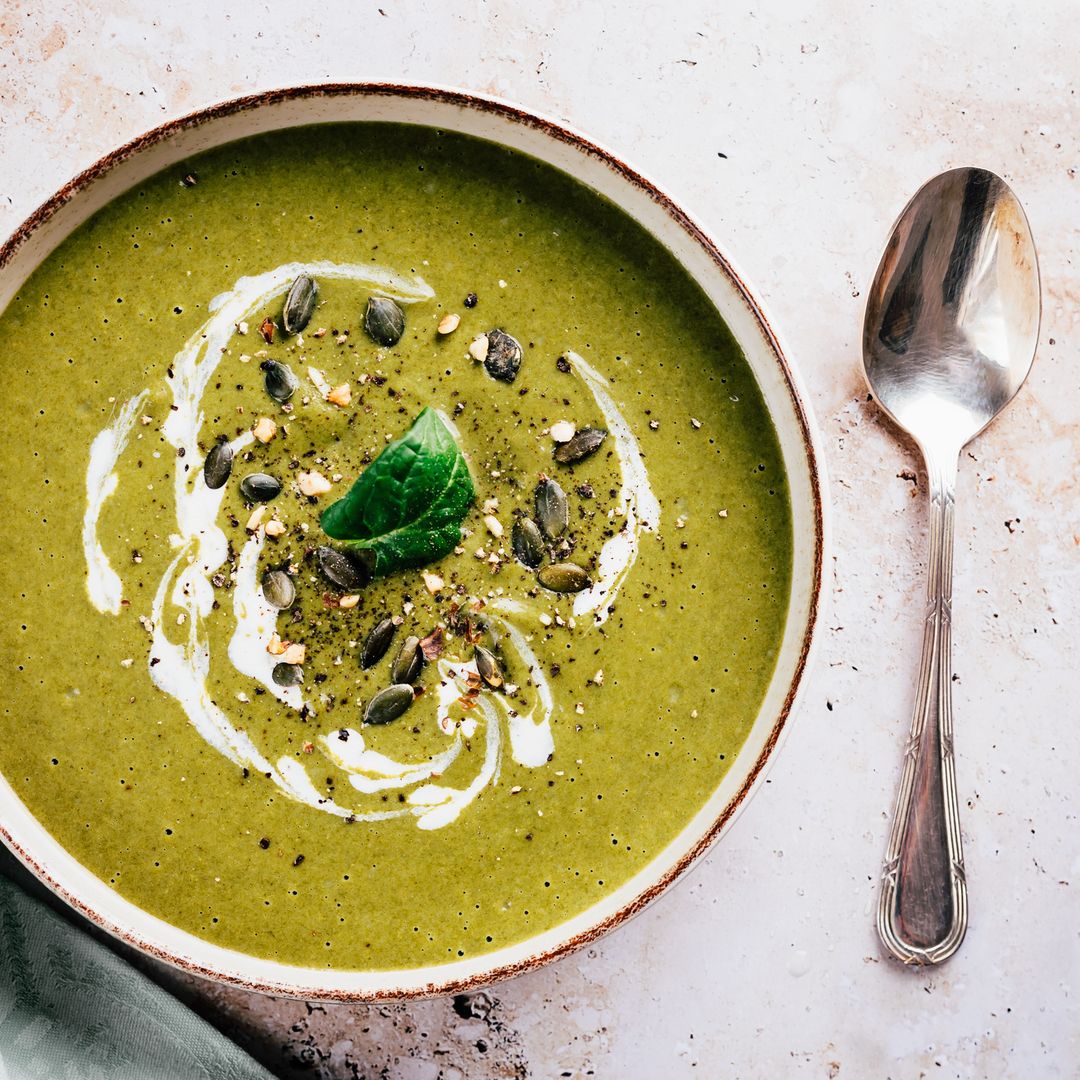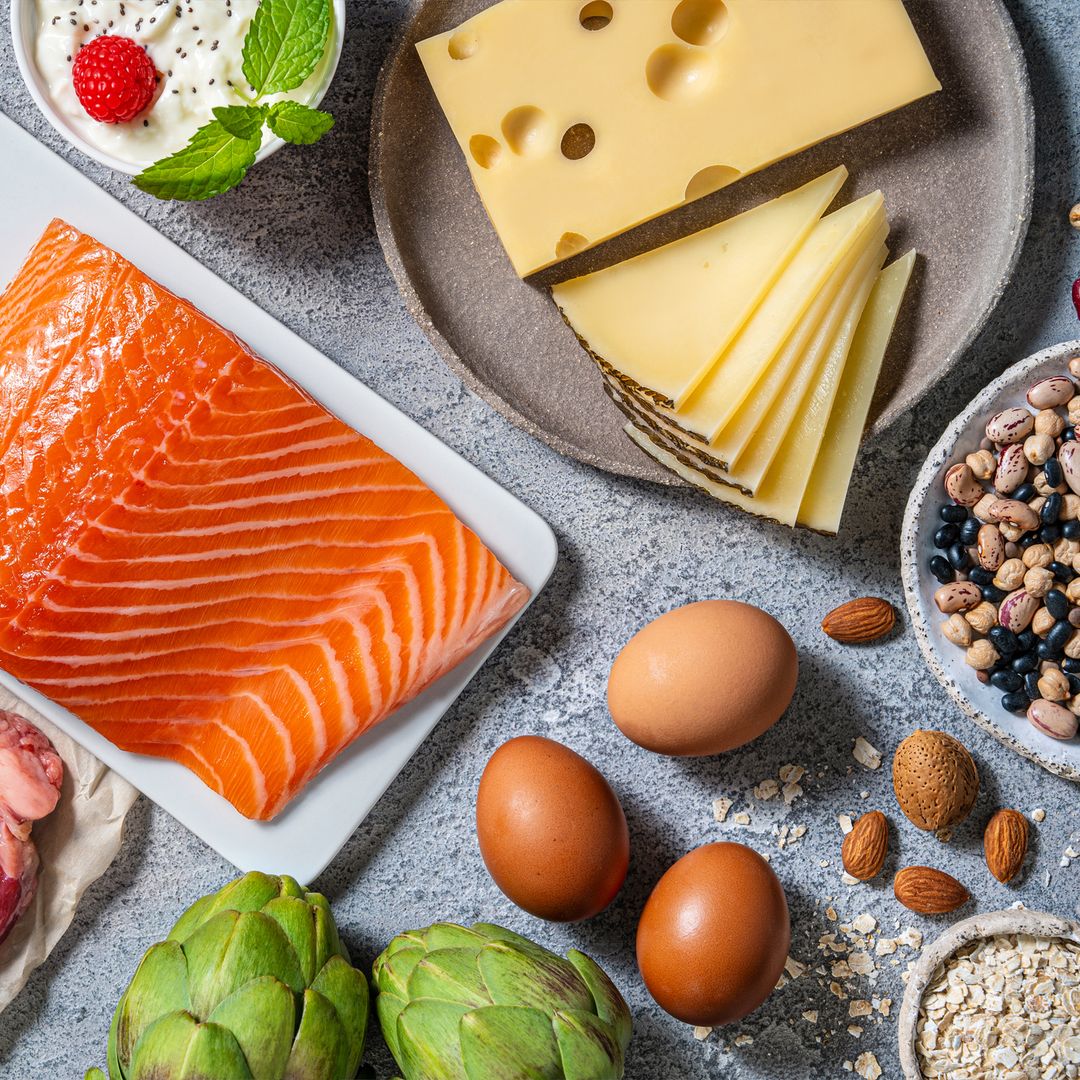It's incredibly difficult, even borderline impossible, to function without a good night's sleep. Without that solid eight hours, the day can feel like a complete slog.
Though there's never such a thing as an 'instant fix' when it comes to health, there are nevertheless ways to give yourself a better chance at that glorious, refreshing, deep beauty sleep.
According to registered dietitian and nutritionist Jennie Norton, and senior contributor to Vegan Wins, food is one of the most "overlooked tools" when it comes to combatting sleep struggles.
"Certain nutrients can actually support the body's ability to relax and maintain a healthy sleep cycle," she tells us. "I always tell clients that it's not about one magic food, it's about what you eat consistently throughout the day."
Which foods help with sleep struggles?
Though there are a lot of recommendations out there, some categories of food have a lot of solid scientific backing behind their benefits.
"Tryptophan-rich proteins are a good starting point," says Jennie. "Tryptophan is an amino acid that helps make serotonin and melatonin, two crucial players in sleep regulation." Foods with a lot of tryptophan include tofu, turkey, salmon and quinoa.
Other foods can also be eaten alongside tryptophan-rich proteins to support the production of sleep-related hormones. Bananas are a good example, containing other minerals with evidence behind the claims that they help with sleep: "The potassium and magnesium help relax muscles, while vitamin B6 supports the conversion of tryptophan into melatonin," according to trained chef and nutrition coach Lisa Marley.
Other nutrients proven to support sleep include calcium, which enhances tryptophan's production of melatonin, and complex carbs, which help tryptophan reach the brain more effectively.
What can I drink to help with sleep?
Your nighttime tea might not be the best bet, especially if you don't go for decaf. Try swapping it out for warm milk, which Jennie calls "the traditional choice".
But the vegans (or the lactose-intolerant, like myself) need not worry – plant-based milks are also effective.
"Warm drinks can have a calming psychological effect," Lisa says. "When the milk is fortified, it can deliver nutrients like magnesium, calcium and tryptophan, all important for promoting sleep."
She suggests a 'golden oat milk latte' with turmeric, cinnamon and a pinch of black pepper, or almond milk warmed with nutmeg. Hemp, flax, rice and soy milk also make for good alternative bases, in her books.
What should I be avoiding?
For every 'do', there's just as big a 'don't'. Kerry Beeson, nutritional therapist at meal prep service Prep Kitchen, asserts that the timing of our meals is incredibly important: "Eat large meals at least two hours before bed. Fatty foods, such as cheese, chocolate, fatty meat, or chips, are particularly hard to digest so you might want to eat these at least 3 hours before bedtime."
As well as earlier mealtimes, Kerry also suggests avoiding these seven types of food just before bed: spicy foods, fatty foods, sugary foods and refined carbs, alcohol, caffeine, salty foods and junk food more generally.



